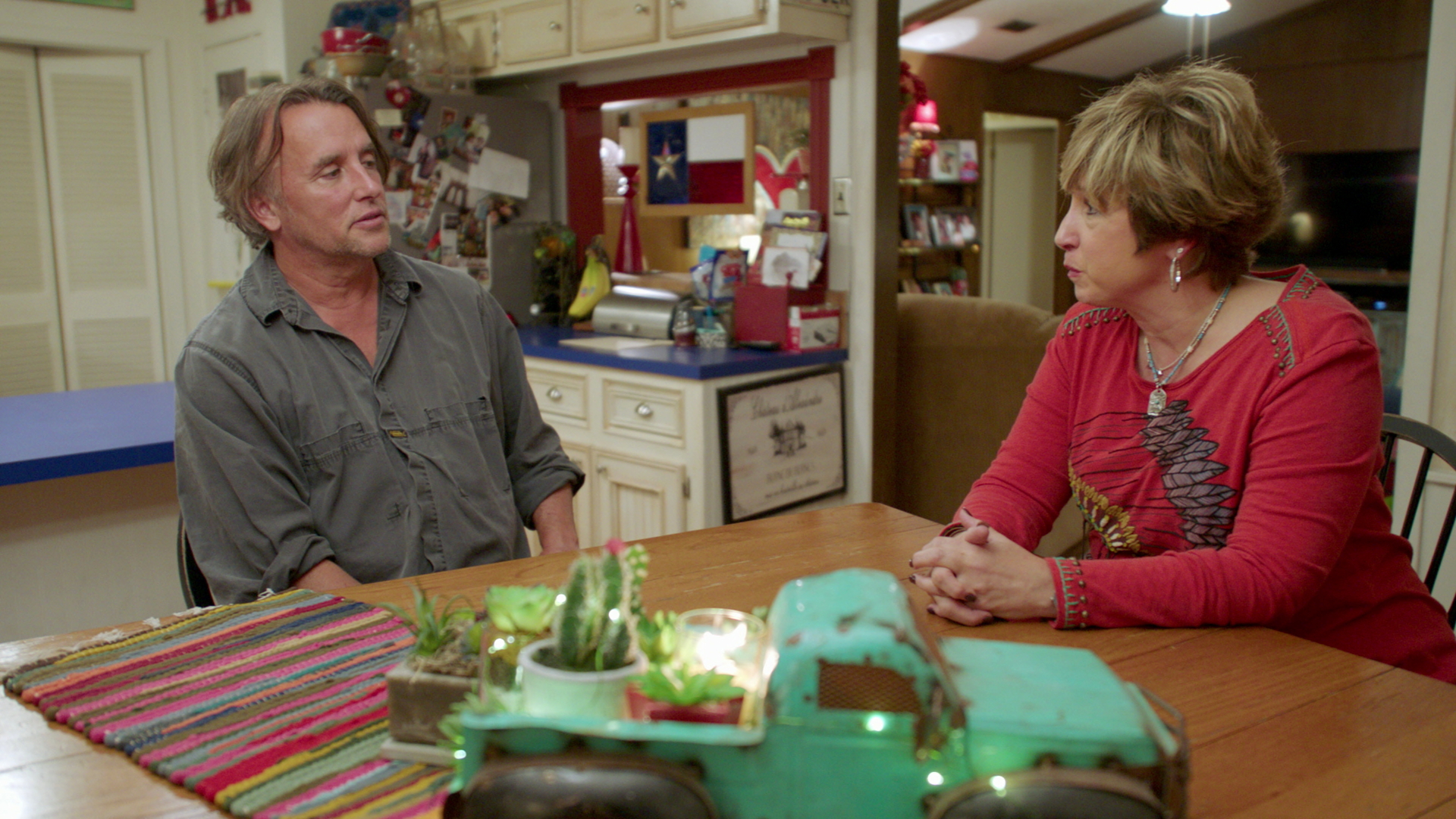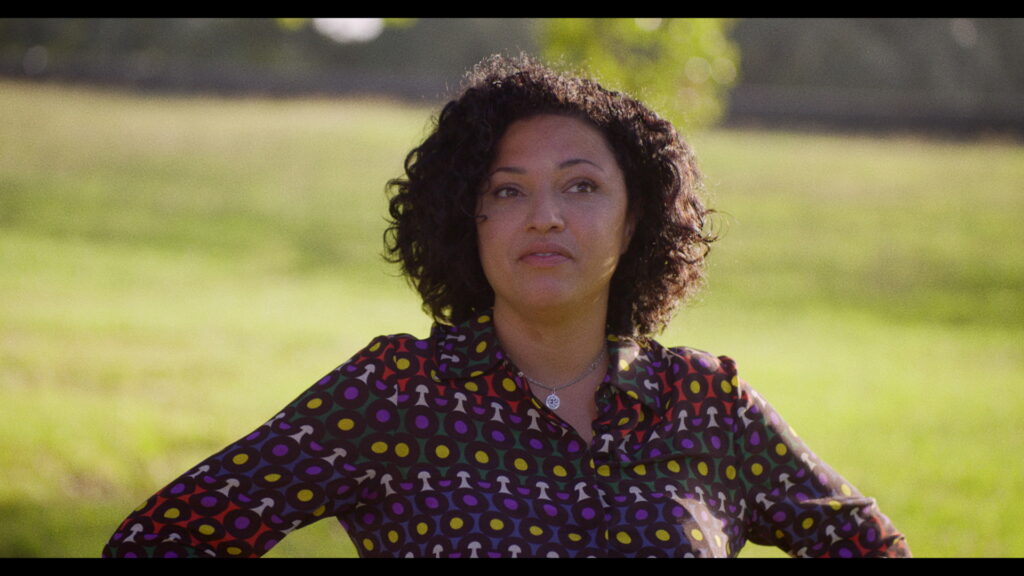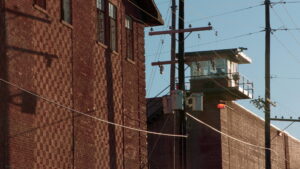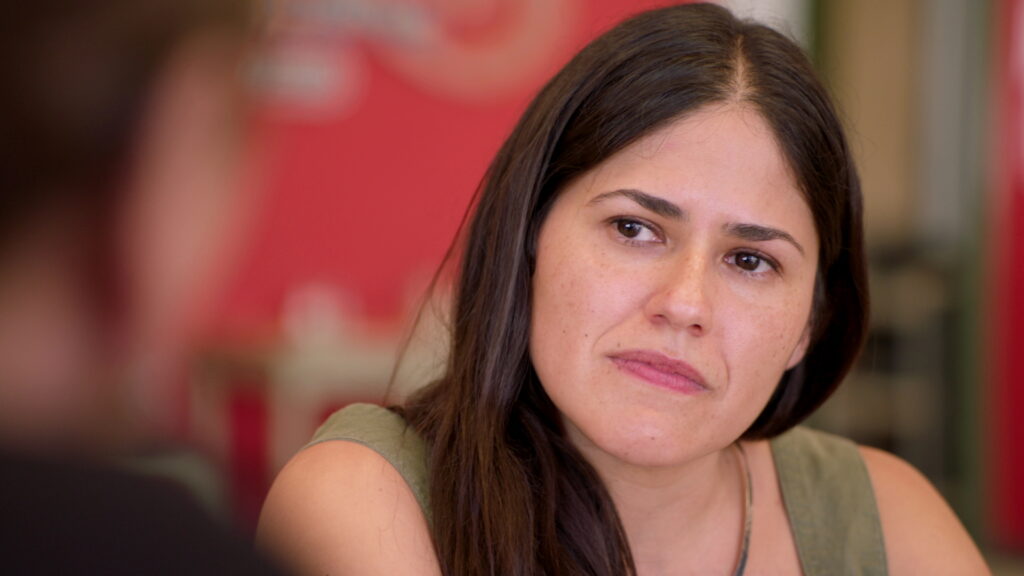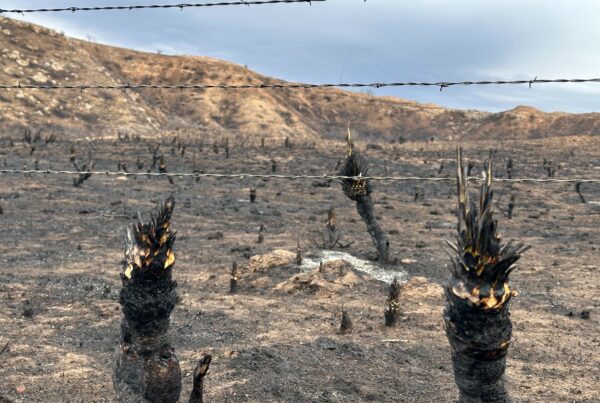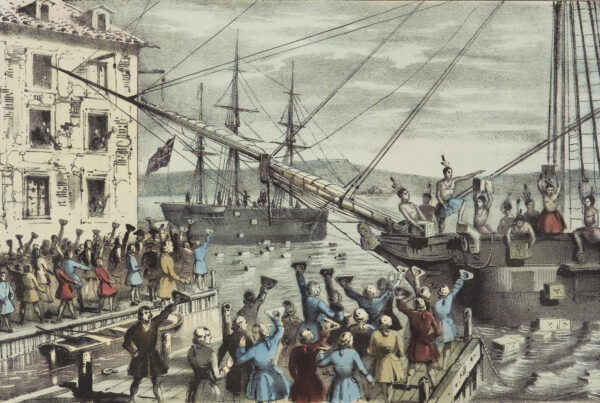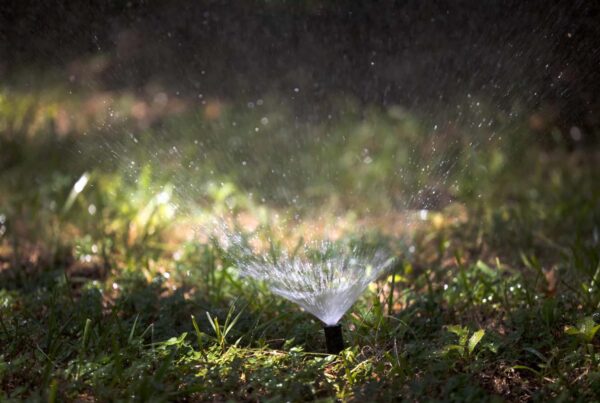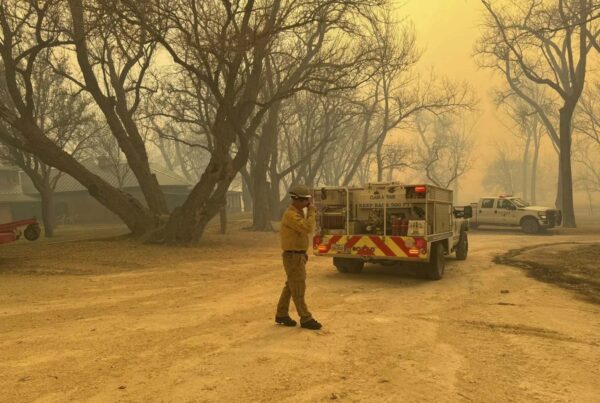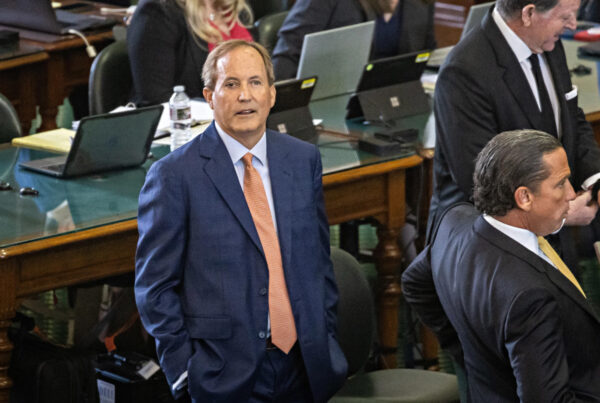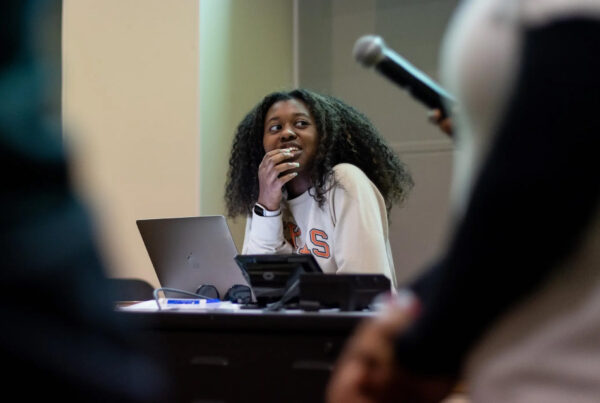Texas is huge and diverse, and so while stereotypes – it’s a red state, full of cowboys and oil derricks – might represent some, they certainly don’t represent all.
That’s the main idea behind the new HBO three-part series “God Save Texas,” which is based on the book by Texas author Lawrence Wright and aired its first episode Tuesday. Wright served as executive producer of the TV series alongside Richard Linklater, who also directed its first episode.
Linklater and Alex Stapleton, who directed the second episode, spoke to the Standard on their connection to the series and what it represents about Texas. Listen to the interview above or read the transcript below.
This transcript has been edited lightly for clarity:
Texas Standard: Rick, I understand that you have had a long friendship with Lawrence Wright. What did you guys talk about as you kicked off this project?
Richard Linklater: Larry sort of snuck up on me with this. Larry’s such a great talker. He’s a great lunch companion, and I’ve really enjoyed his friendship all these years – well over 30 years now when I first met him in the early 90s.
We just got to talking and he was just picking my brain about Huntsville and his film, and pretty soon I just saw it as the opportunity to exorcise some of my Huntsville demons or biography or experiences. I think that’s what artists do. They want to process their lives and their feelings about things.
I had shot this footage 20 years ago when they almost executed a guy that I was following his case. I was sitting on this footage and I always felt compelled, and I think he sensed that. I still didn’t really know what I was doing at first, but we kind of settled into the movie, and I’m glad we did it.
Well, Alex, talk about exorcising — looking back at those things that haunt you from your hometowns. How did you got involved in this?
Alex Stapleton: My first phone call was with Larry, and Larry told me all about what Rick was doing. Rick had already been shooting, or the idea was kind of there of what they were going to do.
I had already read the book “God Save Texas” and was a huge fan. I was living in LA at the time, and as Larry says, I was a Texan in exile for over 20 years. The book really resonated with me because I felt like Larry articulated my own weird feeling of this push-and-pull, love-and-hate relationship with Texas and my hometown.
Larry was terribly excited that I was from Houston because he really wanted to dig into an oil story. I think he got a very different story than he might’ve expected initially, but that’s how we got started.
You’ve long told other people’s stories through documentary and different types of film. Was it challenging, Alex,to turn the lens on yourself and your family? It’s a pretty personal story you tell.
Alex Stapleton: It was the hardest film that I’ve ever made for those reasons. I like talking about the films and the stories. I like talking about stories, but not on camera to make a story. So it was really uncomfortable at points.
But once again, I really credit Larry. I think he pulled the story out of all of us in a way. He helped to pull the personal out. It was challenging, but I think you can feel where it feels challenging and it kind of works because I was on a journey of coming back home.
I hope that people, through watching this story if you’re not from Texas, and perhaps me being uncomfortable with this, allows people to also kind of feel like that’s okay to feel that way.
Richard Linklater: And the audience shares your discomfort from the beginning — the non-Texans. Who can blame them?


